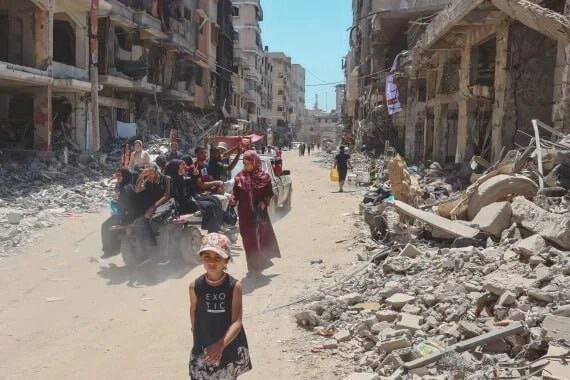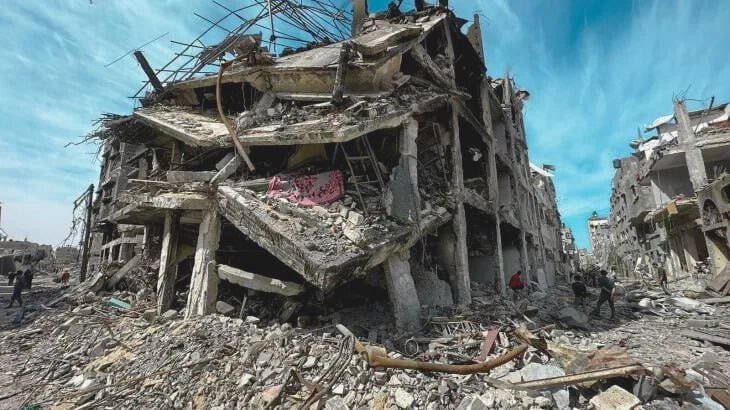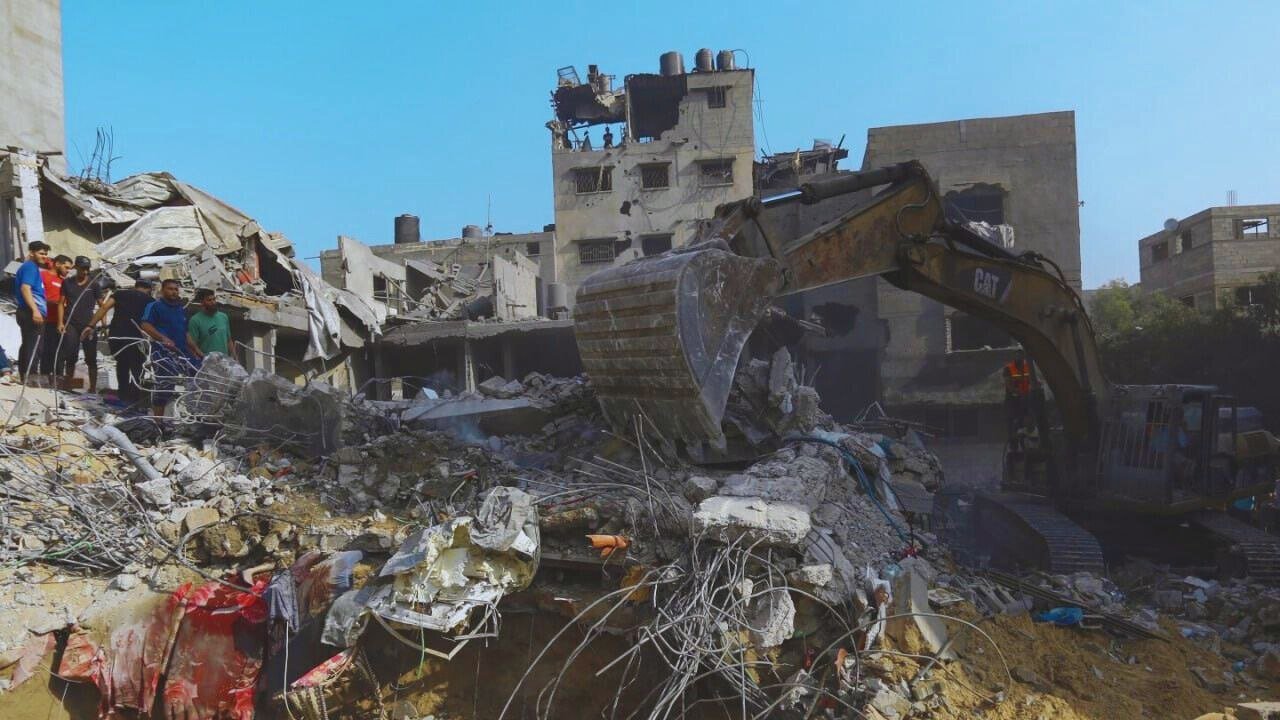Contents
Escalation of Rafah Attacks

One of the most notable incidents occurred on [specific date], when a series of bombings led to the destruction of key buildings, including residential complexes and public facilities. According to local sources, the attacks have resulted in over [specific number] casualties, with many more injured. The scale of destruction is unprecedented, with entire neighborhoods reduced to rubble. Infrastructure such as roads, electricity lines, and water facilities has been severely damaged, exacerbating the humanitarian crisis.
Both the Israeli military and Palestinian groups have played significant roles in this escalation. The Israeli Defense Forces (IDF) have justified their actions as necessary to neutralize threats posed by militant organizations operating within Rafah. On the other hand, Palestinian groups have continued to launch retaliatory attacks, further fueling the cycle of violence. The IDF has also employed new tactics, including the use of advanced surveillance and precision-guided munitions, which have contributed to the increased intensity of the attacks.
The humanitarian impact on Rafah’s local population has been devastating. With thousands of civilians displaced, the demand for essential services such as food, water, and medical care has surged. Access to these services has become increasingly difficult due to the ongoing conflict and the destruction of critical infrastructure. Humanitarian organizations have raised alarms over the deteriorating conditions, calling for immediate international intervention to provide relief and support to the affected population.
International Response and Condemnation
The intensifying conflict in Rafah has elicited a significant international response, characterized by widespread condemnation from various global actors. Numerous countries, international organizations, and human rights groups have issued statements denouncing the escalation of violence and calling for an immediate ceasefire. Nations such as France, Germany, and the United Kingdom have voiced strong disapproval of the ongoing aggression, urging all parties to engage in dialogue to resolve the conflict. The United Nations has also been active, with the Secretary-General and other high-ranking officials repeatedly calling for restraint and the protection of civilians.

Human rights organizations like Amnesty International and Human Rights Watch have been vocal in their criticism, documenting alleged violations of international law and urging accountability. These groups have highlighted the humanitarian crisis in Rafah, emphasizing the need for urgent international intervention to prevent further loss of life and suffering. The European Union has issued resolutions condemning the attacks and has called for an immediate halt to hostilities, while also stressing the importance of pursuing a negotiated solution to the conflict.
Despite these condemnations, the on-the-ground impact in Rafah has been limited. Sanctions and diplomatic pressure have, thus far, failed to bring about a significant de-escalation of the conflict. The geopolitical implications of the international response are complex, affecting Israel’s relations with various countries and international bodies. For instance, Israel’s strategic alliances with key Western nations may be tested, while its standing in international forums like the United Nations could face scrutiny.

Diplomatic efforts and peace initiatives have been proposed, with several countries and international actors advocating for renewed peace talks. Recent proposals have included calls for a two-state solution and an international peace conference aimed at addressing the underlying issues fueling the conflict. However, the success of these initiatives remains uncertain, as entrenched positions and mutual distrust between the parties continue to pose significant barriers to progress. The international community’s ongoing challenge is to find a sustainable path to peace that addresses the legitimate concerns of all involved and ensures the long-term stability of the region.
OUR SITE:toinewsalert.com
Is there going to be a harsh wildfire smoke season in North America again?01
Is there going to be a harsh wildfire smoke season in North America again?01
Nadal Exits French Open in First Round After 20 Years, Misses Out on $23.7 Million
Nadal Exits French Open in First Round After 20 Years, Misses Out on $23.7 Million
